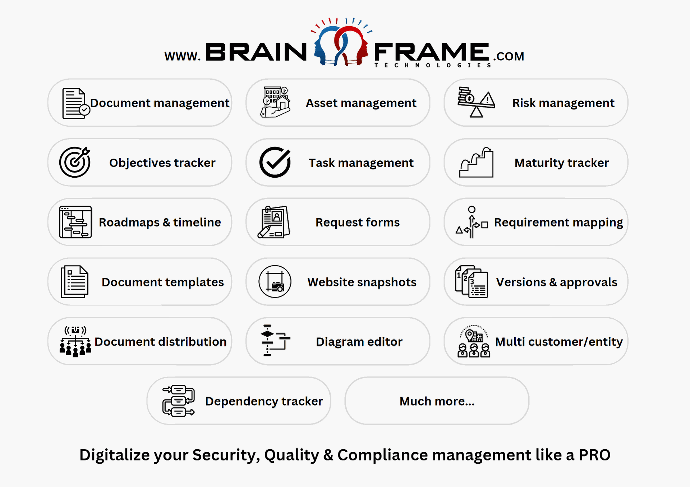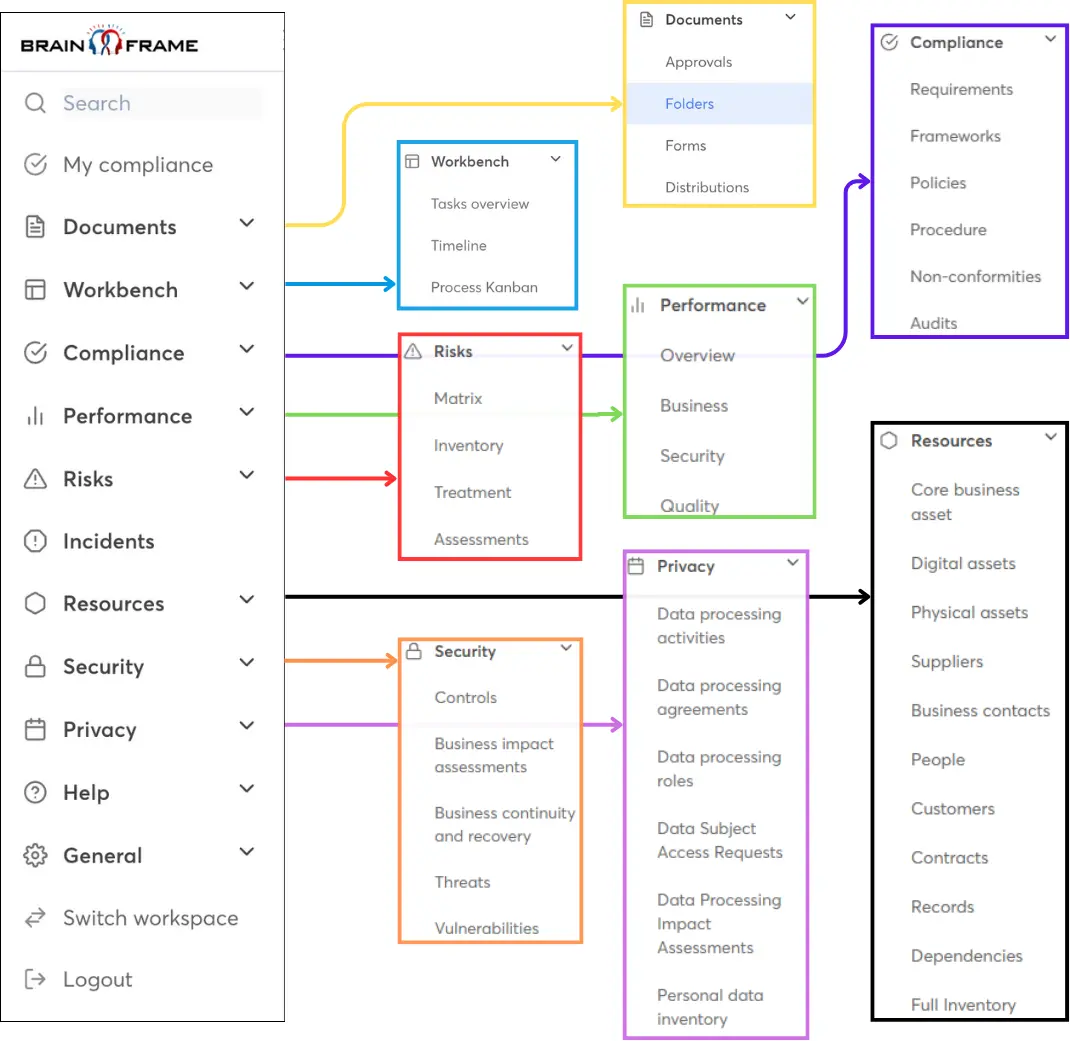On Wednesday 16 November 2022, the new EU Digital Services Act (DSA) entered into force bringing a new set of EU rules for a safer and more accountable online environment.
The Digital Services Act is applicable to all digital services that link customers to products, services, or content. It establishes extensive new requirements for online platforms to decrease harms and prevent dangers online, implements robust protections for users' rights online, and places digital platforms under a novel new structure for openness and accountability. Designed as a single, standard set of regulations for the EU, these rules will provide additional safeguards for users and legal certainty for enterprises throughout the whole single market. The DSA is the world's first regulatory approach of its kind and establishes an international standard for a regulatory approach to online intermediaries.
Now that the DSA is in effect, online platforms have until Feb. 17, 2023, to report the number of active users on their sites. Based on these user numbers, the European Commission will determine whether a platform is a very large online platform or very large online search engine. If it is a "very large platform," the platform must meet additional obligations.
Among those obligations are an annual risk assessment exercise in which the platform must look at the extent to which users are exposed to illegal goods or content and the extent to which disinformation is spread on the platform. Platforms must additionally implement "appropriate measures" under the DSA to mitigate those risks. It also requires platforms to conduct independent audits of their platforms.
Combined with the new NIS2 regulation, this emphasizes even more how serious the EU is about protecting end user's rights and putting the responsibility at the company side requiring them to ensure sufficient documentation and proof of compliance can be demonstrated.
Key goals of the Digital Services Act
The new regulations are proportional, encourage innovation, growth, and competition, and allow the expansion of smaller platforms, SMEs, and startups. According to European principles, the duties of users, platforms, and public bodies are rebalanced, placing citizens at the center. The guidelines further safeguard consumers' fundamental internet rights.
Establish a robust system of openness and responsibility for internet platforms Promote development, innovation, and competitiveness in the single market.
- Enhance online consumer and basic rights protection
- Establish a robust system of openness and responsibility for internet platforms
- Promote development, innovation, and competitiveness in the single market
For citizens
- Improved protection of basic rights
- More options at cheaper prices
- Less exposure to illegal content
For digital service providers
- Legal certainty, harmonisation of rules
- Easier to start-up and scale-up in Europe
For business users
- More choice, lower prices
- Access to EU-wide markets through platforms
- Level-playing field against providers of illegal content
For business users
- Greater democratic supervision and management of systemic platforms
- Mitigation of systemic threats including manipulation and misinformation
Which providers are covered?
The Digital Services Act covers regulations for online intermediary services, which are utilized daily by millions of European citizens. The obligations of these various online participants depend on their respective roles, sizes, and impacts within the online ecosystem.
Intermediary services offering network infrastructure: Internet access providers, domain name registrars, including Hosting services such as cloud and webhosting services, including also Online platforms bringing together sellers and consumers such as online marketplaces, app stores, collaborative economy platforms and social media platforms. And last but not least are the Very large online platforms which pose particular risks in the dissemination of illegal content and societal harms. Specific rules are foreseen for platforms reaching more than 10% of 450 million consumers in Europe.
The new standards must be adhered to by all online intermediaries selling their services on the single market, regardless of whether they are located in the EU or not. Micro- and small-sized businesses will have responsibilities according to their capacity and size, while accountability will be ensured. In addition, even if micro and small businesses expand greatly, they would benefit from a targeted exemption from a set of duties during a 12-month transitional period.
New obligations
Impact of these obligations
The Digital Services Act greatly strengthens the processes for the removal of illegal content and the effective protection of users' basic rights, including free expression, online. It also strengthens public control of online platforms, especially those that reach more than 10 percent of the EU population.
- measures to counter illegal goods, services or content online, such as a mechanism for users to flag such content and for platforms to cooperate with “trusted flaggers”
- new obligations on traceability of business users in online market places, to help identify sellers of illegal goods or reasonable efforts by online market places to randomly check whether products or services have been identified as being illegal in any official database
- effective safeguards for users, including the possibility to challenge platforms’ content moderation decisions
- ban on certain type of targeted adverts on online platforms (when they target children or when they use special categories of personal data, such as ethnicity, political views, sexual orientation)
- transparency measures for online platforms on a variety of issues, including on the algorithms used for recommendations
- obligations for very large platforms and very large online search engines to prevent the misuse of their systems by taking risk-based action and by independent audits of their risk management systems
- access for researchers to key data of the largest platforms and search engines, in order to understand how online risks evolve
- oversight structure to address the complexity of the online space: EU countries will have the primary role, supported by a new European Board for Digital Services; for very large platforms, supervision and enforcement by the Commission
Timeline
For more details please have a look at the regulation itself:
EUR-Lex - 32022R2065 - EN - EUR-Lex (europa.eu)
With Brainframe.com we provide both individual companies and consulting/advisory companies a first of its kind solution combining ISMS, GRC, QMS and DMS in one platform for an efficient collaboration, documentation, implementation, certification and continuous improvement of any framework, standard or regulation like DSA to save your precious time.

Start for free now!
Like with GDPR, don't wait until the last moment because this will only be more expensive and put unneeded stress on your teams!
Subscribe to our newsletter
By providing your email we'll send you updates on our service per email
(not more than one mail per week).
